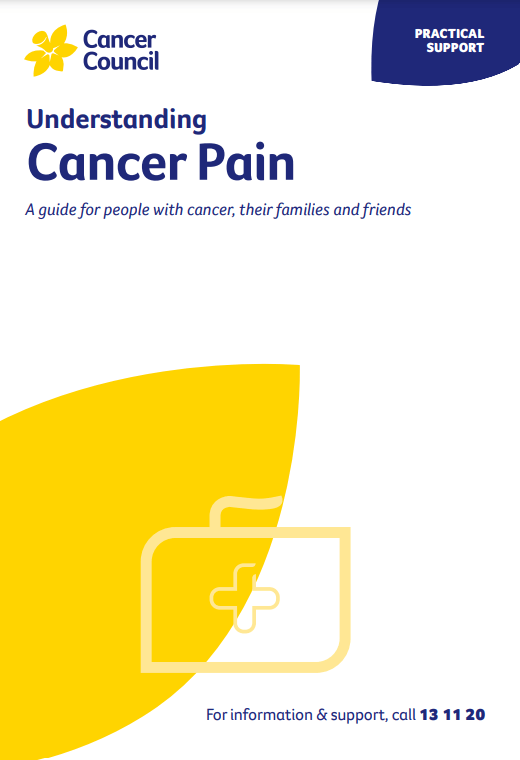- Home
- Cancer Information
- Managing side effects
- Sexuality, intimacy and cancer
- Overcoming specific challenges
- Pain
After surgery you may feel sore for several weeks, or longer in some cases. You may find it uncomfortable to be touched or hugged if the wounds from the surgery are still healing or if the area around the scar is painful. Pain can reduce your interest and pleasure in sex, and distract you from reaching orgasm. It may also mean the positions you used to have sex in are now uncomfortable. Some pain medicines may make you feel drowsy and tired, which may also affect your libido.
Learn more about:
Painful intercourse
In the female body
Pelvic surgery, radiation therapy or treatment that affects hormones can reduce the size or moistness of the vagina, which can lead to painful intercourse. Some people experience vaginismus, when the muscles around the vagina tighten on penetration. This is an unconscious response and often caused by fear that intercourse will be painful. It’s important not to push on or persist through the pain as this can often makes things worse. Ask your health care team for a referral to a pelvic health physiotherapist. They can teach you how to keep your muscles relaxed during intercourse.
In the male body
Scar tissue in the penis after surgery can cause pain or bleeding, but it usually settles down in time. Irritation of the prostate or urethra from surgery or radiation therapy can cause painful orgasms. Anal sex can be painful after radiation treatment for prostate or anal cancer. Consider other ways to be intimate, such as oral sex.
For more on this, see Pain and cancer or listen to our podcast below.
Tips for managing pain
Managing pain |
Making penetrative sex more comfortable |
|
|
After my big operation I had quite a bit of pain and I would just basically either take the pain medication that they give you, or just try and get into a comfortable position with the pillows around you.
Annmaree
→ READ MORE: Managing incontinence
Podcast: Managing Cancer Pain
Listen to more episodes from our podcast for people affected by cancer
More resources
Dr Margaret McGrath, Head of Discipline: Occupational Therapy, Sydney School of Health Sciences, The University of Sydney, NSW; Yvette Adams, Consumer; Dr Kimberley Allison, Out with Cancer study, Western Sydney University, NSW; Andreea Ardeleanu, Mental Health Accredited Social Worker, Cancer Counselling Service, Canberra Health Service, ACT; Kate Barber, 13 11 20 Consultant, Cancer Council Victoria; Dr Kerrie Clover, Senior Clinical Psychologist, Psycho-Oncology Service, Calvary Mater Newcastle, NSW; Maree Grier, Senior Clinical Psychologist, Royal Brisbane and Women’s Hospital, QLD; Mark Jenkin, Consumer; Bronwyn Jennings, Gynaecology Oncology Clinical Nurse Consultant, Mater Health, QLD; Dr Rosalie Power, Out with Cancer study, Western Sydney University, NSW; Dr Margaret Redelman OAM, Medical Practitioner and Clinical Psychosexual Therapist, Sydney, NSW; Kerry Santoro, Prostate Cancer Specialist Nurse Consultant, Southern Adelaide Local Health Network, SA; Simone Sheridan, Sexual Health Nurse Consultant, Sexual Health Services – Austin Health, Royal Talbot Rehabilitation Centre, VIC; Prof Jane Ussher, Chair, Women’s Heath Psychology and Chief Investigator, Out with Cancer study, Western Sydney University, NSW; Paula Watt, Clinical Psychologist, WOMEN Centre, WA.
View the Cancer Council NSW editorial policy.
View all publications or call 13 11 20 for free printed copies.
Need to talk?
Support services
Coping with cancer?
Speak to a health professional or to someone who has been there, or find a support group or forum
Life after cancer treatment
Webinars, exercise and nutrition, sexuality programs, and back-to-work support
Cancer information
Your coping toolbox
Strategies for managing difficult situations during and after cancer treatment
View our publications
Guides and fact sheets for people with cancer, their families and friends

